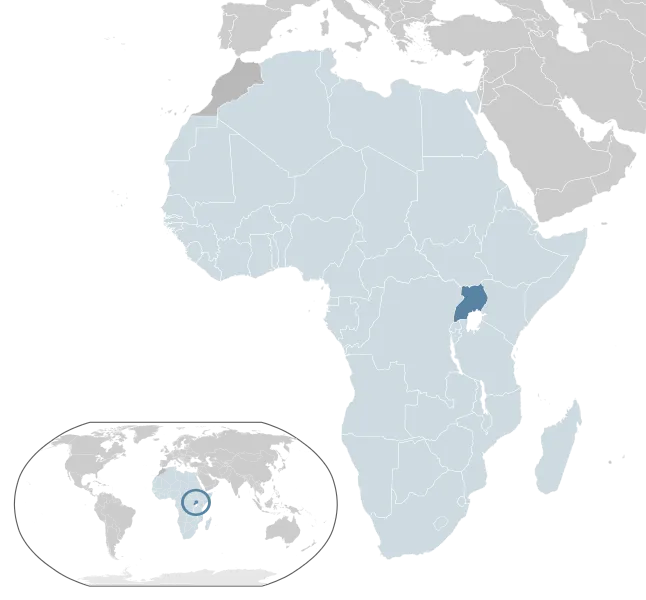Uganda reports additional Rift Valley fever case
Since the beginning of the year, Uganda has reported eight confirmed human cases of RVF, including five deaths (CFR 62.5%)
The Uganda Ministry of Health (MOH) reported an additional human case of Rift Valley Fever (RVF) in Mubende district in the central area of the country.
The new confirmed case, a 34-year-old male cattle keeper who presented with fever, general body weakness, joint pain and unexplained bleeding at Mubende Regional Referral Hospital. Unfortunately, the man died from the infection.
The Uganda Virus Research Institute (UVRI) confirmed RVF via PCR testing on the man’s blood sample.
Since the beginning of the year, Uganda has reported eight confirmed human cases of RVF, including five deaths (CFR 62.5%).
The cases have been reported from seven of the 146 districts in the country. 90 percent of cases were in herdsmen who had contact with dead animals.
The MOH deployed a rapid response team to conduct epidemiological investigations and to institute active surveillance in the affected areas. In addition, the MOH continues to conduct health education and community sensitization in the affected districts.
Subscribe to Outbreak News TV on YouTube
According to the World Health Organization, RVF is a viral zoonosis that primarily affects animals but also has the capacity to infect humans. It is transmitted by mosquitoes and blood feeding flies. In humans, the disease ranges from a mild flu-like illness to severe haemorrhagic fever that can be lethal. When livestock are infected the disease can cause significant economic losses due to high mortality rates in young animals and waves of abortions in pregnant females.
While some human infections have resulted from the bite of infected mosquitoes, most human infections result from contact with the blood or organs of infected animals. Occupational groups such as herders, farmers, slaughterhouse workers and veterinarians are at higher risk of infection. Humans may also become infected by ingesting the unpasteurized or uncooked milk of infected animals. No human-to-human transmission of RVF has been documented.





